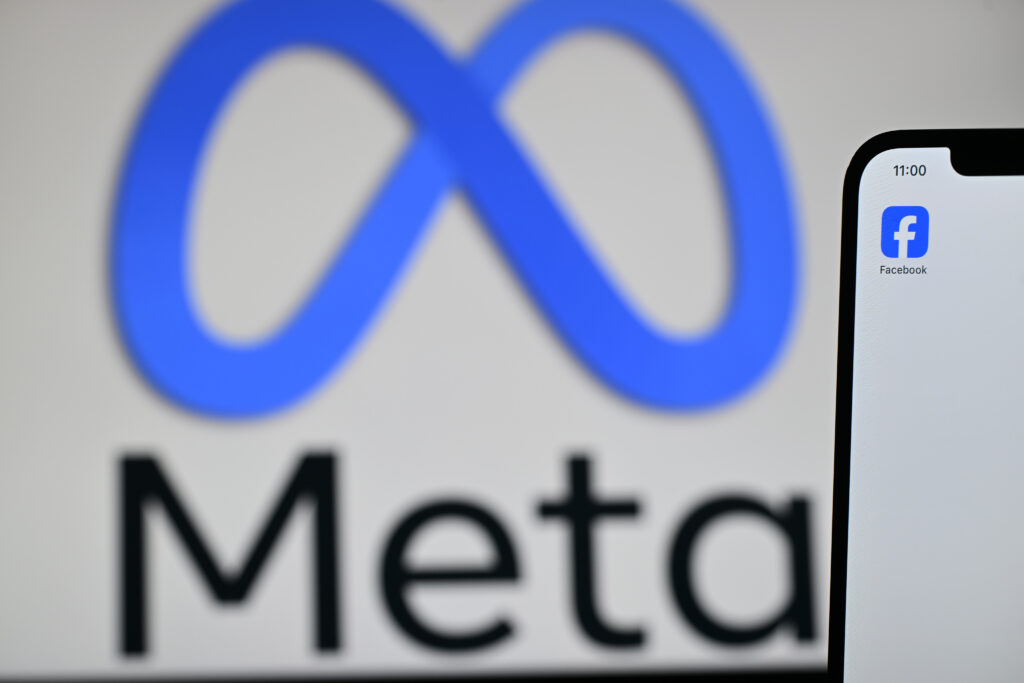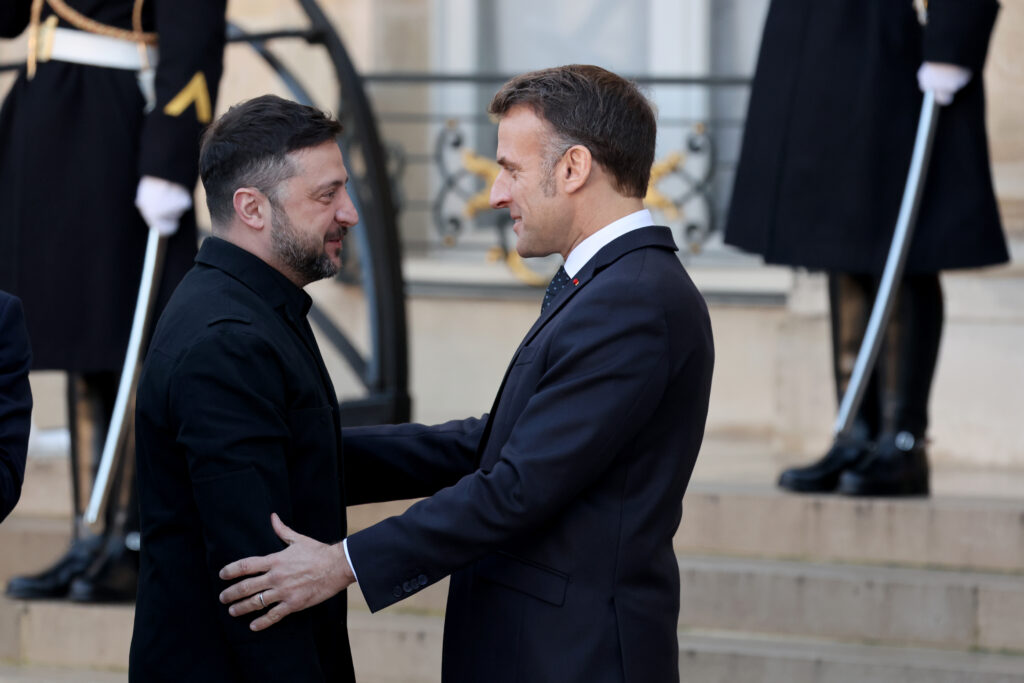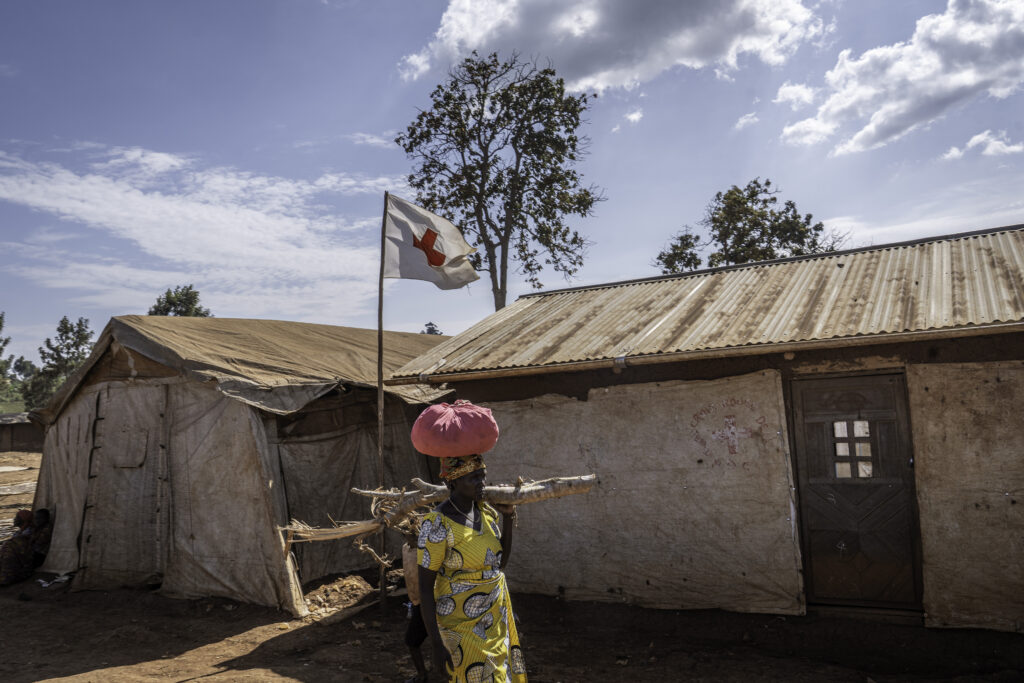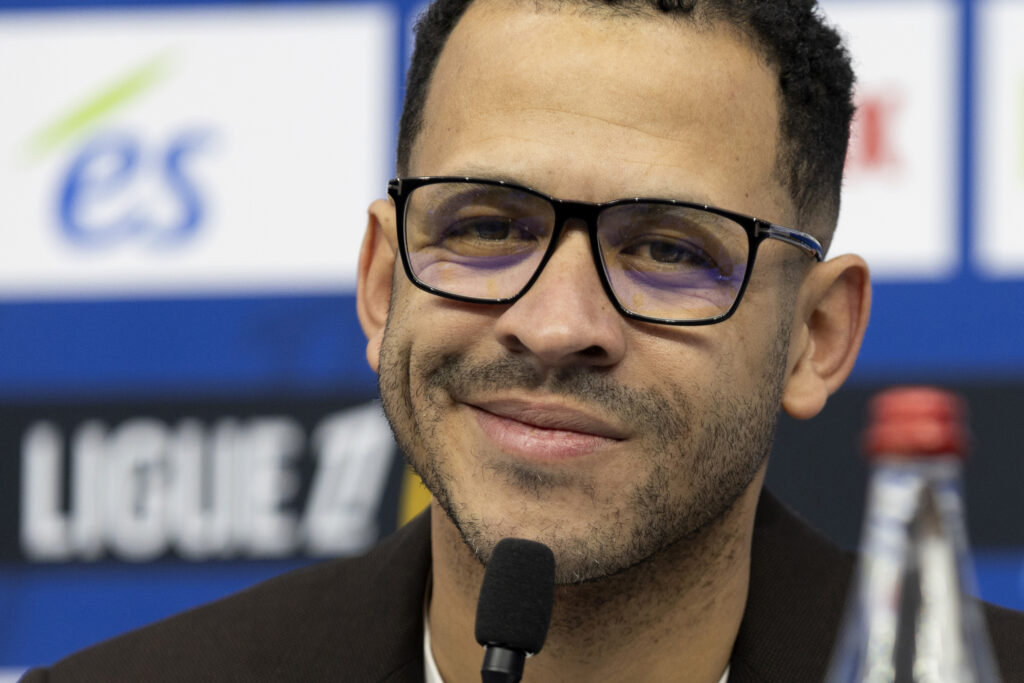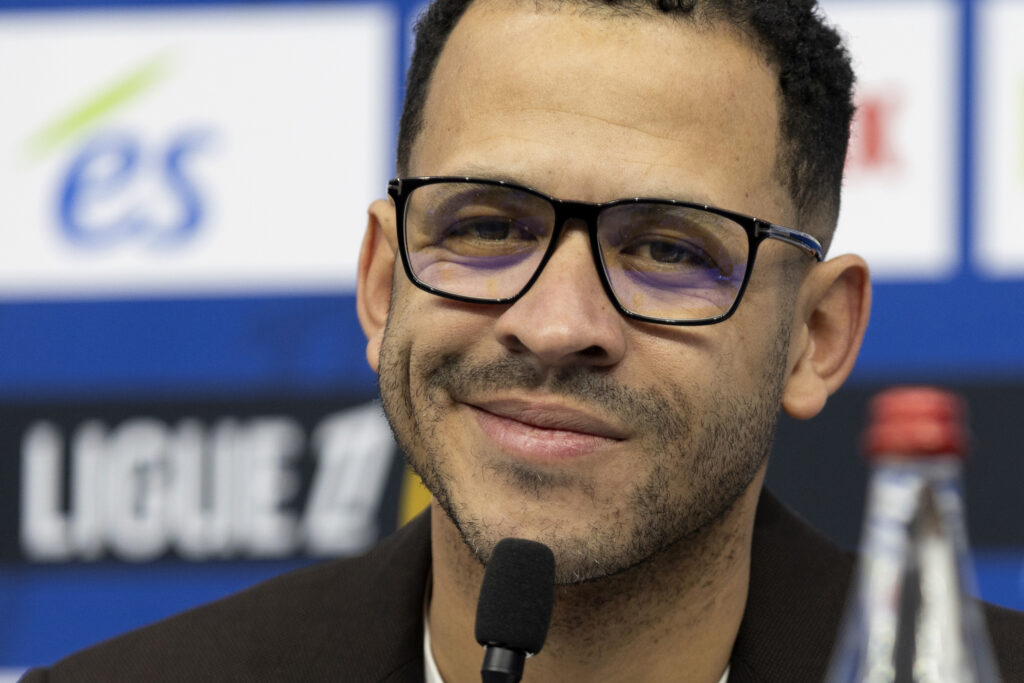Chelsea a confirmé mardi la nomination de l’Anglais Liam Rosenior, l’entraîneur de Strasbourg au CV mince sur lequel les “Blues” ont décidé de miser, en puisant dans leur club satellite via la multipropriété. Dans la foulée d’une conférence de presse au stade de la Meinau, où Rosenior avait annoncé “un accord verbal”, le club londonien a officialisé le recrutement du technicien de 41 ans jusqu’en 2032.”Je ne pouvais pas refuser cette occasion à ce stade de ma vie pour plusieurs raisons: la première, c’est que c’est un club incroyable, champion du monde, avec une équipe et des supporters fantastiques; la deuxième, c’est que je vais pouvoir rentrer chez moi et voir mes enfants”, a expliqué le natif de Wandsworth, dans le sud de Londres.Sous les yeux du président du Racing Marc Keller, Rosenior a eu la possibilité, fait rare, d’annoncer lui-même son départ avant de quitter l’Alsace pour Londres où il sera l’un des seuls Anglais sur un banc de Premier League.”Je suis sûr que tous les jeunes entraîneurs anglais formés ici soutiendront Liam d’une manière ou d’une autre”, a réagi Calum McFarlane, coach des moins de 21 ans qui assure l’intérim sur le banc des “Blues”.Ce dernier dirigera encore l’équipe contre Fulham en championnat mercredi avant de passer le flambeau à Rosenior en vue du déplacement à Charlton (2e div.) samedi en Coupe d’Angleterre.Le nouvel entraîneur fera ses débuts à domicile en milieu de semaine prochaine, le 14 janvier, contre Arsenal en demi-finale aller de Coupe de la Ligue.- Sixième entraîneur sous BlueCo -Le consortium américain BlueCo, à la tête de Chelsea et de Strasbourg, a misé sur cet entraîneur sans grande référence au plus haut niveau pour succéder à Enzo Maresca, limogé le 1er janvier après un mandat de dix-huit mois.L’Italien, pour sa première expérience en Premier League, avait complété l’armoire à trophées avec la Ligue Conférence et la Coupe du monde des clubs.Mais les relations se sont détériorées au cœur de l’hiver et la direction de Chelsea, aux commandes depuis le printemps 2022, a débarqué son cinquième entraîneur en trois ans et demi, après Thomas Tuchel, Graham Potter, Frank Lampard et Mauricio Pochettino.Le riche club de l’Ouest londonien fait un sacré pari en intronisant Rosenior, ex-défenseur des voisins de Fulham, notamment.En Angleterre, il a davantage séduit pour ses analyses de consultant sur Sky Sports que pour son expérience sur le banc de Hull City (2e div.), achevée sur un licenciement en mai 2024.L’entraîneur aux fines lunettes noires et au sweat à capuche a, depuis, fait grimper sa cote à Strasbourg en s’invitant dans la lutte pour les tickets en Ligue des champions dès sa première saison malgré un effectif très jeune.Passionné par son métier, il affirmait l’an dernier dans un entretien à l’AFP avoir voulu devenir entraîneur “avant même d’être joueur”. Il estime que son rôle est “à 85-90%, de comprendre les joueurs”, qui doivent être “créatifs”.- “Asservissement du Racing” -Mais il n’arrive pas forcément en terrain conquis à Stamford Bridge, le stade du club aux deux titres en C1 (2012, 2021), plutôt habitué aux entraîneurs de renom comme José Mourinho, Antonio Conte ou Tuchel.Il lui faudra vite relancer la machine à gagner, à l’arrêt depuis fin novembre en championnat (une victoire en huit matches), ce qui a fait reculer l’ex-dauphin d’Arsenal à la 5e place, à 17 points du leader.Rosenior ne vient pas non plus porté par le vent des victoires: s’il est brillant en Ligue Conférence (premier de la phase de ligue), son Racing n’a remporté qu’un seul de ses sept derniers matches de championnat.Cette crise de résultat s’est superposée à un contexte extrasportif délicat à la Meinau où les UB90, principal groupe d’ultras, s’opposent à BlueCo, actionnaire majoritaire depuis l’été 2023, et à l’idée même de multipropriété.Le point de rupture a été atteint en septembre lorsqu’a été annoncé le transfert… à Chelsea, pour l’été prochain, du capitaine Emmanuel Emegha.L’annonce de mardi ne pouvait que remettre de l’huile sur le feu. “Le transfert de Liam Rosenior marque une étape supplémentaire, humiliante, dans l’asservissement du Racing à Chelsea”, a réagi la Fédération des supporters du RCSA. L’association aux quelque 350 membres demande au président Marc Keller de “partir”, “maintenant”.jta-rbo-av-jus/ll/cto/ah/hpa
